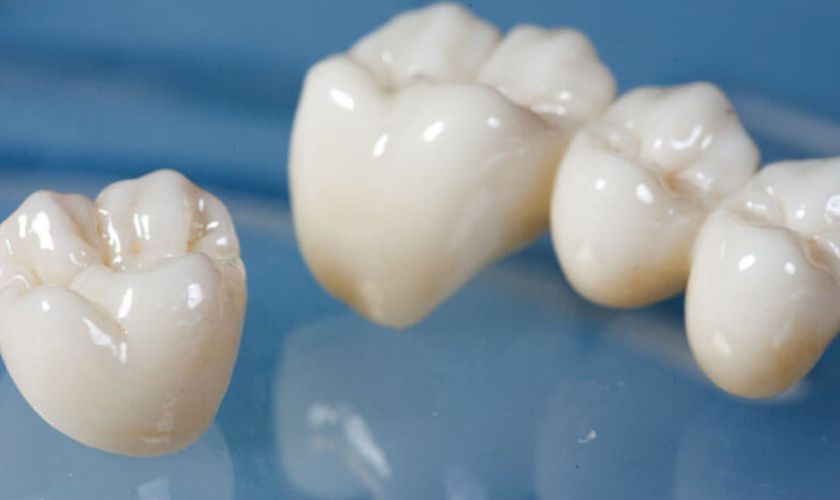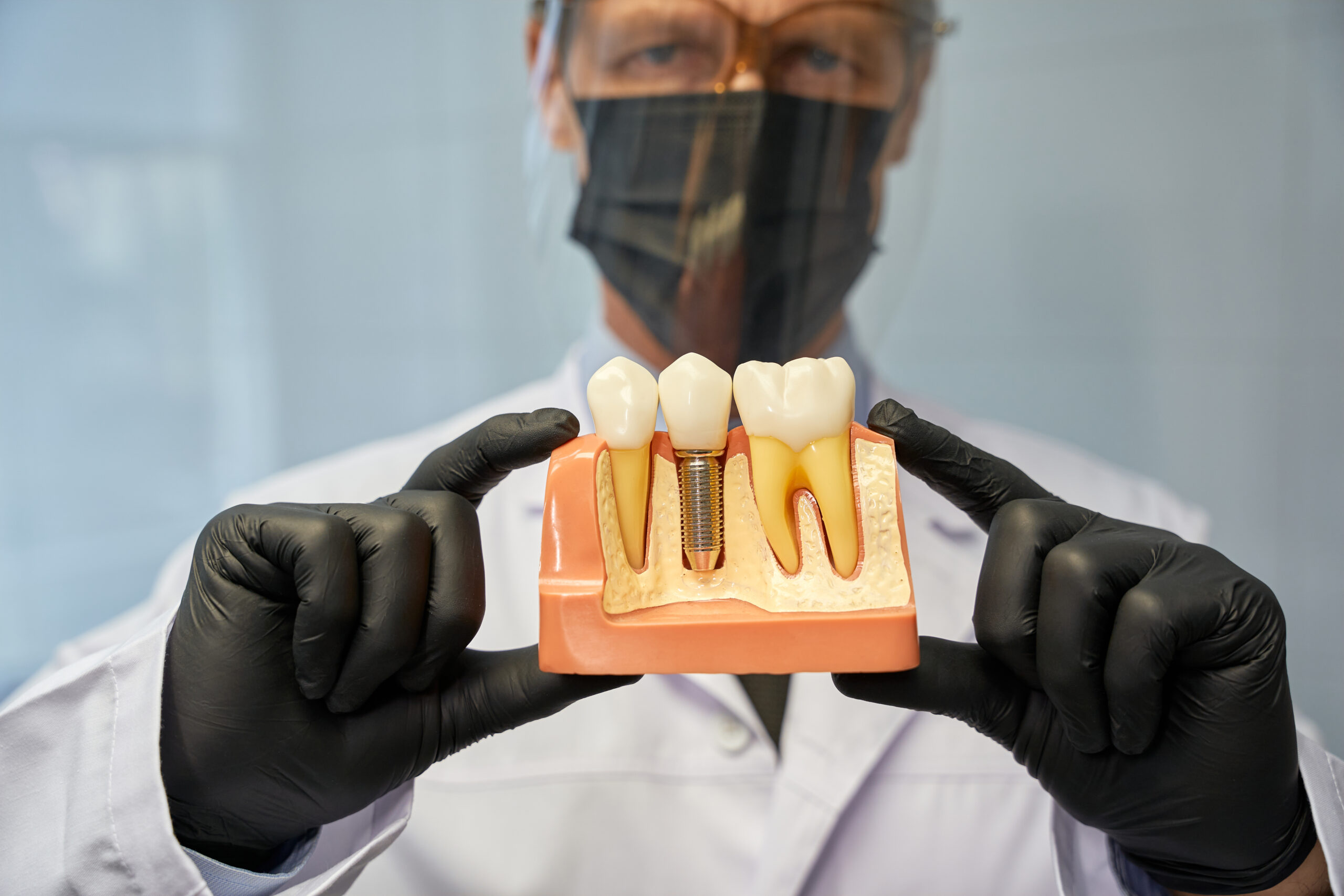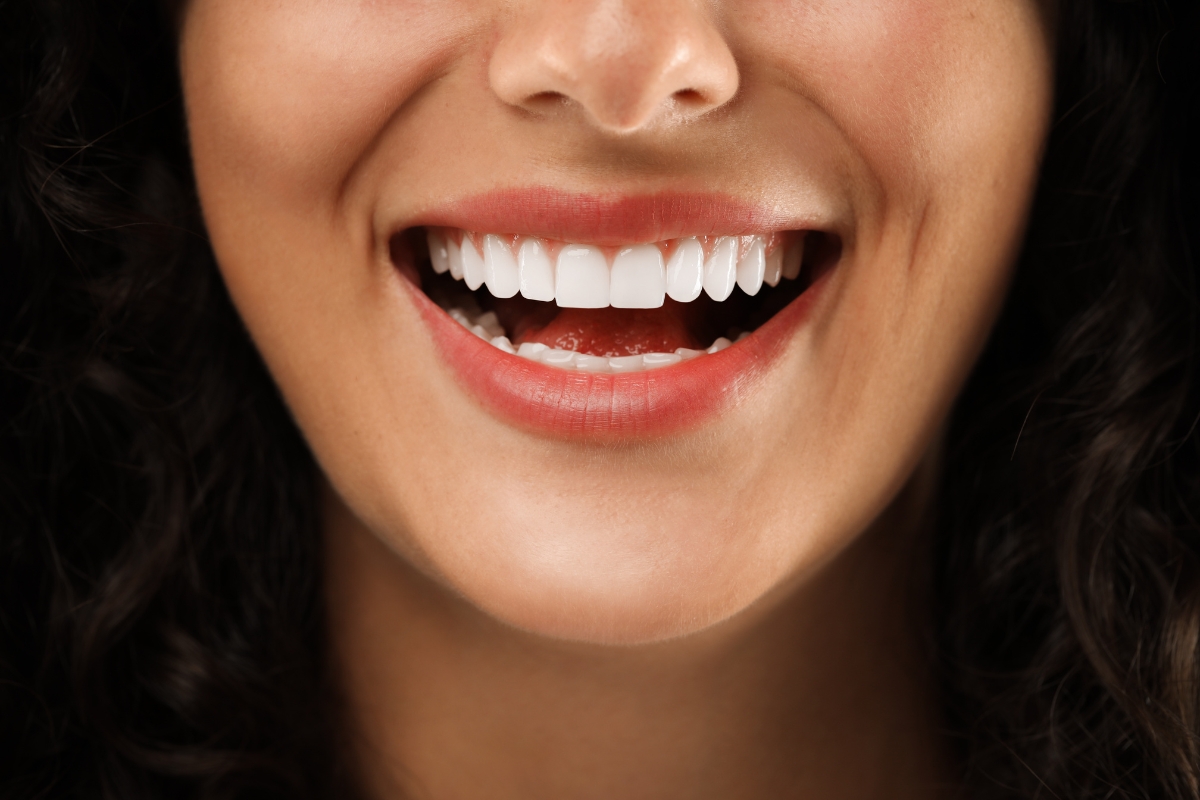
A Royal Affair: Redefining Your Smile with Dental Crowns
July 26, 2023
Dental Crowns
Welcome to the royal affair of dental crowns, where your smile is redefined and transformed into art. Dental crowns offer a regal solution to various dental issues, restoring the beauty and functionality of your teeth. Crafted with precision and expertise, dental crowns provide a natural-looking, long-lasting solution to enhance your smile. Whether you seek to cover a damaged tooth, restore a dental implant, or improve the appearance of misaligned teeth, dental crowns offer a royal makeover. Let us embark on this journey together as we unveil dental crowns’ regal charm and impeccable craftsmanship.
Dental Crowns: Overview
Dental crowns are custom-made dental restorations that cover and protect damaged or weakened teeth. They are designed to resemble natural teeth in shape, size, and color, providing a seamless and natural-looking appearance. Depending on the patient’s specific needs, dental crowns can be made from various materials, such as porcelain, ceramic, or metal alloys. They are commonly used to restore teeth that have undergone root canal treatment, have large fillings, or are severely cracked or worn down. Dental crowns enhance the smile’s aesthetics and provide strength and durability to the treated teeth, allowing for improved functionality and oral health.
The Dental Crown Procedure
Source: Teeth Talk Girl
1. Consultation and Treatment Planning: The dental crown procedure begins with a thorough examination and consultation with your dentist. They will assess your oral health, discuss your treatment goals, and create a personalized plan for your dental crown.
2. Tooth Preparation: During the next appointment, the tooth receiving the crown will be prepared. This involves removing a small amount of enamel to create space for the crown. The dentist will take impressions of your tooth to create a custom-made crown that fits perfectly.
3. Crown Placement: Once your dental crown is ready, it will be placed and carefully adjusted to ensure proper fit, bite, and alignment. The crown is then permanently bonded to the tooth using dental cement. Your dentist will check the aesthetics and functionality of the crown and provide instructions on how to care for it.
Enhancing Your Smile with Dental Crowns
1. Restoring Damaged Teeth: Dental crowns are an effective solution for restoring teeth that are severely damaged or decayed. They provide a durable and natural-looking covering that protects the tooth and restores its strength and functionality.
2. Improving Tooth Appearance: Dental crowns can also be used for cosmetic purposes to improve the appearance of misshapen, discolored, or crooked teeth. They are designed to match the color and shape of your natural teeth, resulting in a seamless and attractive smile.
3. Long-lasting Solution: Dental crowns are known for their durability and longevity. With proper care and maintenance, they can last for many years, providing you with a beautiful and functional smile for a long time to come.
Caring for Dental Crowns
1. Practice Good Oral Hygiene: Maintaining proper oral hygiene is essential for the longevity of dental crowns. Brush your teeth at least twice a day with a soft-bristled toothbrush and fluoride toothpaste. Floss daily to remove plaque and debris from between the teeth and around the crown.
2. Avoid Excessive Force and Grinding: Dental crowns can withstand normal biting and chewing forces, but excessive force or grinding can cause damage. Avoid biting down on hard objects or using your teeth as tools. If you have a habit of grinding or clenching your teeth, speak to your dentist about wearing a nightguard to protect your dental crowns.
3. Regular Dental Check-ups: Schedule regular dental check-ups and cleanings to ensure the health of your dental crowns. Your dentist will examine the condition of the crowns, assess their fit and function, and address any concerns or issues that may arise.
Remember, following these care guidelines and maintaining regular dental visits will help ensure the longevity and aesthetics of your dental crowns.
FAQs about Dental Crowns
1. Are dental crowns painful?
Dental crown procedures are typically performed under local anesthesia, so you should not feel any pain during the procedure. However, some patients may experience sensitivity or mild discomfort after the anesthesia wears off. This can be managed with over-the-counter pain relievers and usually subsides within a few days.
2. How long do dental crowns last?
Dental crowns can last 10 to 15 years with proper care and maintenance. However, their lifespan can vary depending on oral hygiene practices, tooth-grinding habits, and overall oral health. Regular dental check-ups and good oral hygiene habits can help prolong the lifespan of dental crowns.
3. Are dental crowns noticeable?
Dental crowns are designed to match the color and shape of your natural teeth, making them blend seamlessly into your smile. The materials used for dental crowns, such as porcelain or ceramic, are also highly aesthetic and can mimic the appearance of natural tooth enamel.
4. Can dental crowns be whitened?
Dental crowns are resistant to teeth whitening treatments. If you have dental crowns and wish to whiten your teeth, discussing your options with your dentist is recommended. They may suggest alternative cosmetic procedures to achieve a more uniform and desirable smile.
5. Are dental crowns permanent?
Dental crowns are considered permanent dental restoration designed to provide long-term protection and support for a damaged tooth. However, they may need to be replaced in the future due to normal wear and tear or any issues with fit, function, or aesthetics. Your dentist will evaluate the condition of your dental crowns during regular check-ups to determine if any replacements or repairs are necessary.
Dental crowns offer a remarkable solution for restoring and enhancing your smile. Dental crowns can rejuvenate damaged teeth and boost your confidence with their strength, durability, and natural aesthetics. Dental crowns can deliver transformative results, whether you need to repair a cracked tooth, restore a severely decayed tooth, or improve the appearance of misshapen teeth. By working closely with your dentist and following proper care and maintenance, you can enjoy the long-lasting benefits of dental crowns and achieve a beautiful, healthy smile that stands the test of time.
More Blog Posts

How Long Do Dental Crowns Last and What Affects Their Lifespan?

Correcting Tooth Gaps: Using Dental Veneers to Fix Diastema Without Braces in Matthews

Why Dr. Dawson Recommends Root Canal Over Extraction

Celebrating Dr. Ashley Dawson: Honored as One of America’s 40 Under 40 Top Dentists for 2025


